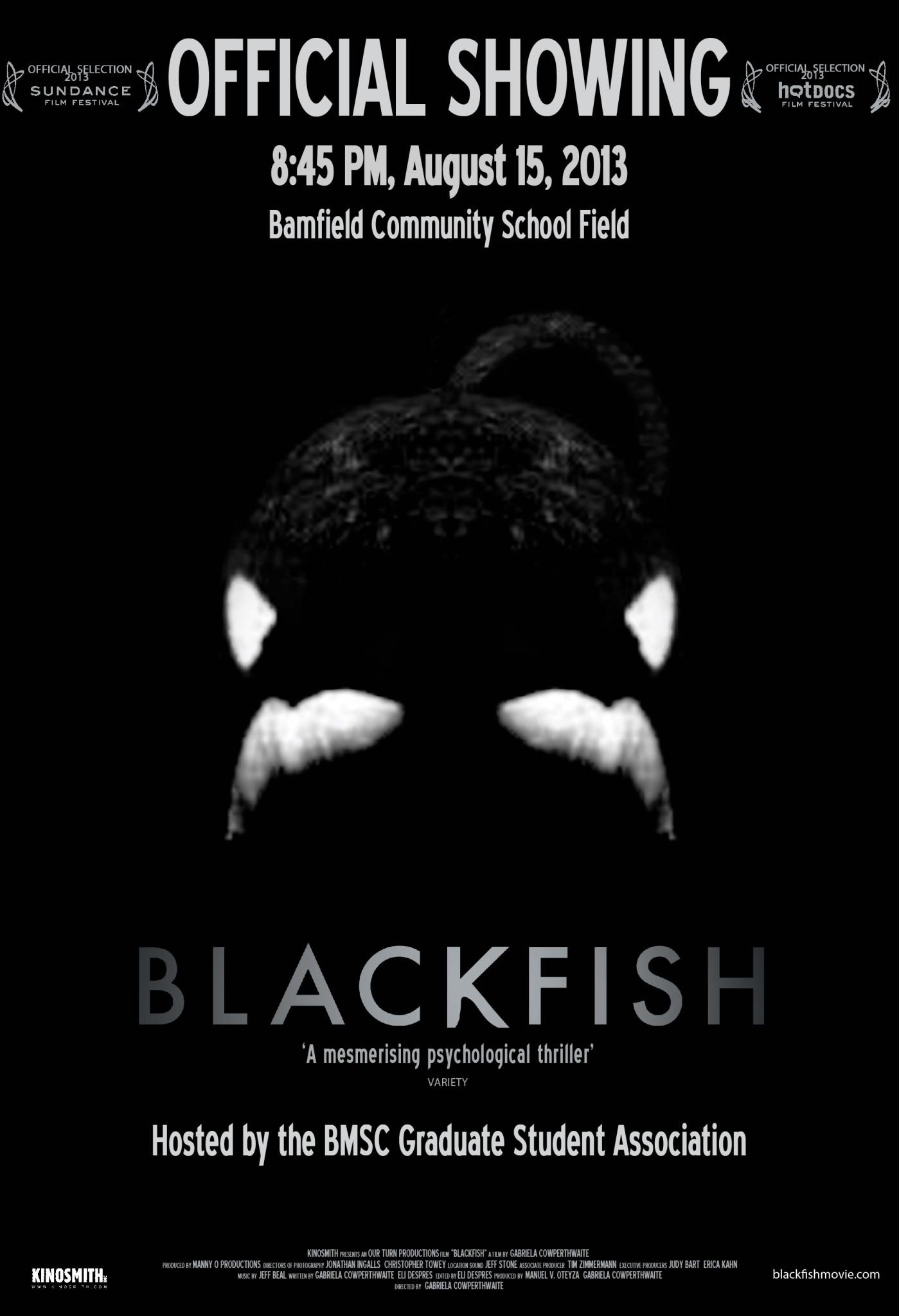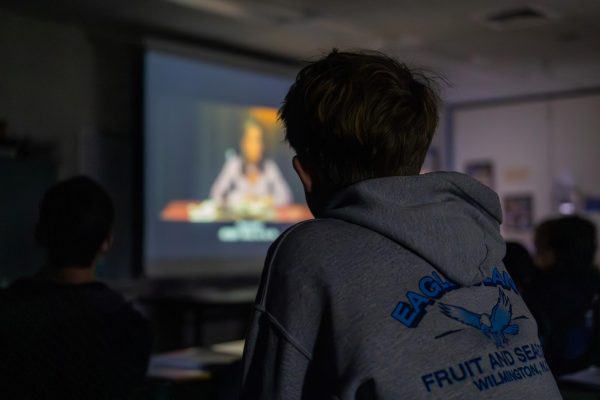Blackfish: Catastrophic Captivity
The Earth is defined by diversity. Human society lies in virtually another world than most wildlife. So, what happens when these two elements of life forcefully collide?
As demonstrated by the documentary known as Blackfish directed by Gabriela Cowperthwaite, the results are utterly disastrous.
Blackfish features a killer whale called Tilikum who is kept in captivity at SeaWorld. After being harassed by fellow killer whales in captivity, Tilikum reportedly contributed to the deaths of three different trainers. The film claims that captivity makes animals both violent and unhealthy, and denounces institutions such as SeaWorld.
Lani Kineret, an RHS senior, also opposes the policies of establishments like SeaWorld.
“I don’t think institutions like SeaWorld or zoos where animals are taken out of their natural environment should exist. If people want to see the wildlife, they should go to the animal’s environment rather than caging them for personal entertainment,” she said.
Equally disturbing is the lack of public concern for captive animals’ suffering. Rather than address the health issues associated with captivity, humans tend to turn the other cheek.
“I think it says something interesting about human nature that people feel the need to possess all things they see as valuable. That goes for money, land, and even living creatures. It’s not morally correct, but considering how popular domesticated animals as pets are now-a-days, I don’t see a lot of progress on the issue,” Lani said.
Lack of awareness as well as lack of concern for such issues is hindering progress. Although documentaries such as Blackfish strive to enlighten the sympathetic sector of society, the vast majority of citizens remain ignorant of the extent to which captive animals suffer.
As a society, people should think about redefining the word humane. SeaWorld supposedly saves injured animals from the wild, only to place them in captivity among other hostile beings. Can such a practice really be permitted by a society that claims to be tolerant and humane?
As Lani put it, “I have the same perspective any humane person would have. The way I see it, animals were on the Earth long before I was and it’s awfully self-righteous of the human race to assume everything on the planet is ours to destroy. Coexistence is an essential part of life for all worldly inhabitants.”
















